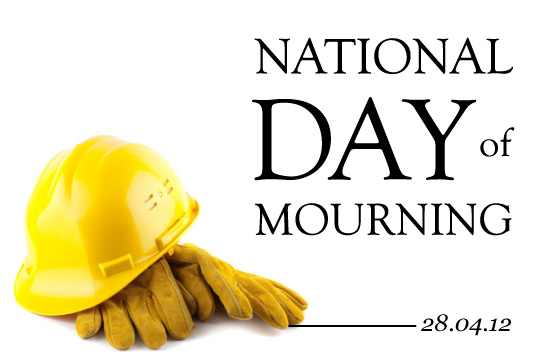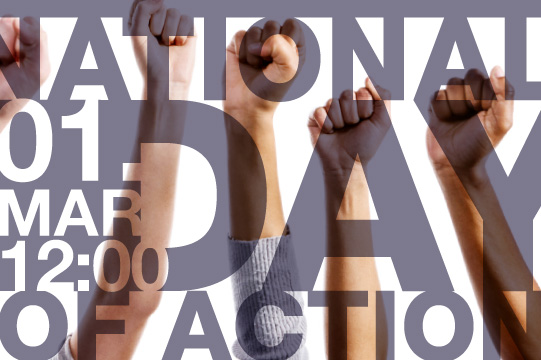
Doug Marshall rose on a point of privilege this morning during the proceedings at PSAC Convention. He asked for a moment of silence for our brothers and sisters who were informed today that they may lose their jobs.
“This is truly a sad day for our members and for our union,” said Marshall. “At the Union of National Employees alone, almost 3000 members across half a dozen departments received notices that their jobs are affected or eliminated.”
The UNE National President says that while the numbers are appalling, they don’t tell the whole story. “What we’re really talking about here is people; our friends, our colleagues and our family members. People we know are losing their jobs.”
He also urged members to be there for each other during this difficult time.
“If there’s one thing we can count on, it’s that we have amazing people in our union – people who are always ready and willing to help others,” said Marshall. It’s comforting to know that they’ll be there to support those devastated by today’s cuts.”
The UNE recently created Factsheets that provide a clear explanation of the Work Force Adjustment Process for Employees of Parks Canada and Treasury Board. We hope these will assist members who are facing layoff and the union representatives who will support them.
WFA Factsheet for Parks Employees
WFA Factsheet for Treasury Board Employees









